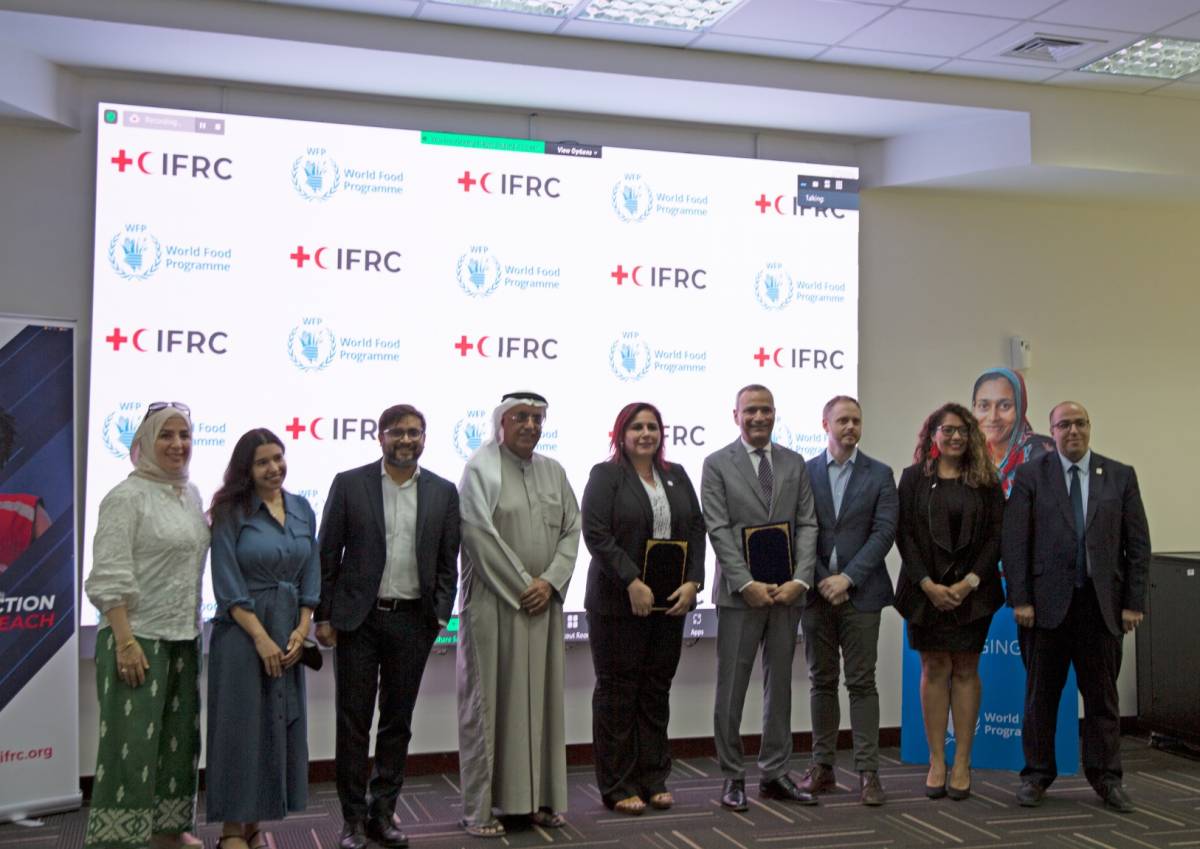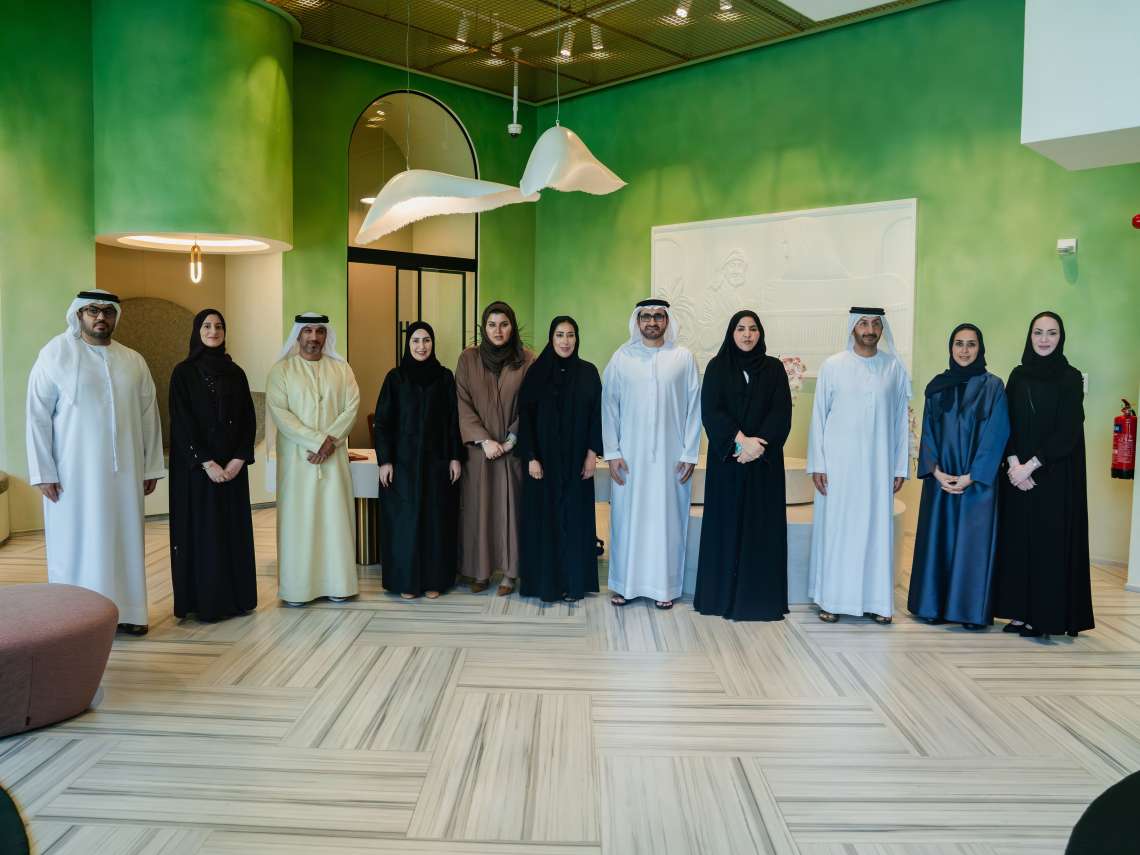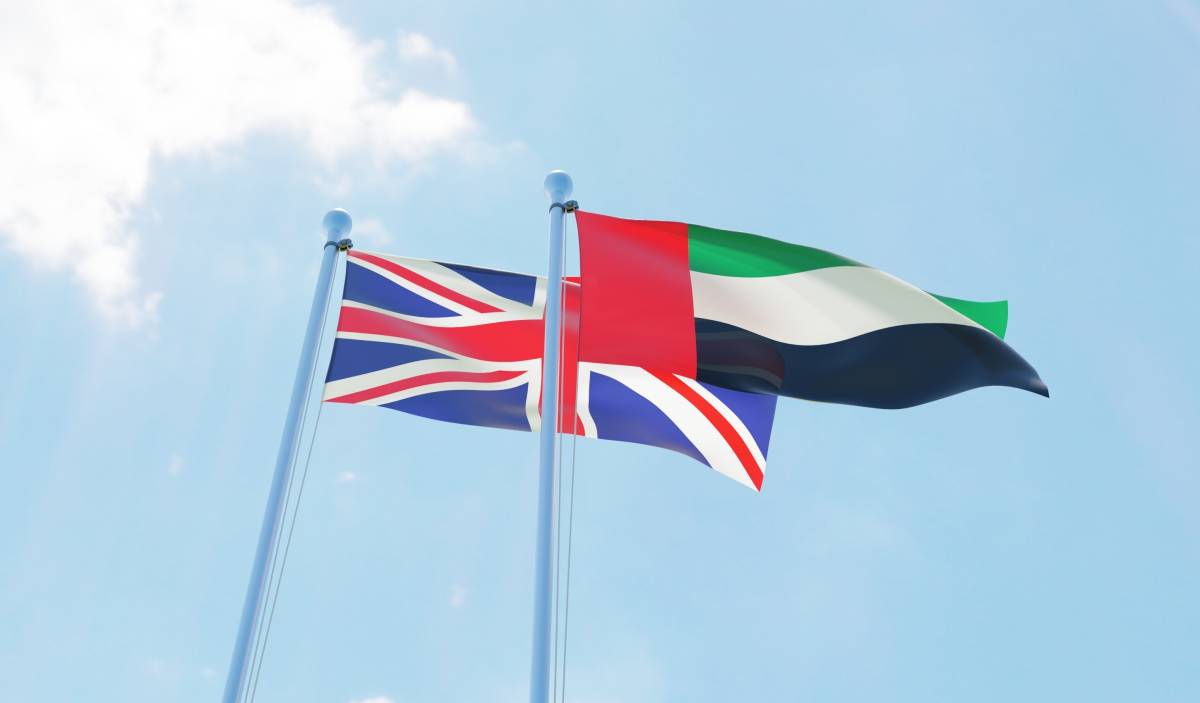The event emphasised the ongoing importance of acting early ahead of climate-related disasters, through anticipatory action….reports Asian Lite News
The United Nations World Food Programme (WFP) and The International Federation of Red Cross and Red Crescent Societies (IFRC) have signed a regional Memorandum of Understanding (MoU) to support joint advocacy, capacity development, and resource mobilisation for the coordinated national-level implementation of anticipatory action (AA) in response to climate shocks in the Middle East and North Africa region.
The signing took place at the conclusion of “Road to COP27: Anticipatory Action Milestones and Way Forward in MENA”, an event that was hosted by the International Humanitarian City (IHC), Dubai, and attended by high-level speakers and representatives from the UAE government, Ministry of Climate Change and Environment, WFP, IFRC, Red Cross Red Crescent Climate Centre and national societies, regional and international humanitarian organisations, including UNDRR, FAO, Start Network, REAP.
The event emphasised the ongoing importance of acting early ahead of climate-related disasters, through anticipatory action. Anticipatory action is an effective way of mitigating the worst consequences of predictable climate risks, which are expected to become more frequent and intense because of climate change and conflict in the MENA region.
“In a region where climate hazards such as droughts, floods, and heatwaves are increasing humanitarian needs, anticipatory action aims to reduce or mitigate the impact of these hazards on the most vulnerable people,” said Mageed Yahia, WFP Representative to the GCC. “We are grateful for the strong representation from the UAE in this event today, an important ally in the quest to make the humanitarian system as anticipatory as possible,” he added.
Over the last few years, WFP and IFRC have been making progress in setting the scene for an AA approach in the MENA region for acting earlier ahead of disasters.
“Let us not forget that COP27 goals and vision are mitigation, adaptation, finance, and collaboration. Today we are addressing these four main elements, as Anticipatory Action allows for the mitigation and adaptation of climate change impacts,” said IFRC MENA Deputy Regional Director, Rania Ahmad. “This collaboration between IFRC and WFP will allow for increased sharing of experiences and financing and make the most vulnerable populations better prepared and enhance their resilience.”
During the event, WFP and the Overseas Development Institute (ODI) also launched the “Anticipatory Action in the MENA Region: State of Play and Accelerating Action” report, supported by the Swedish government, which highlights the state of anticipatory action in the region, and its potential to help avoid and reduce the impacts of disasters.
Regional coordination and collaboration across all stakeholders will be necessary to complement efforts and engagements to scale up the anticipatory actions agenda in the region with tangible results.
To support this, IFRC and WFP are establishing the “MENA Anticipatory Action regional community of practice” as a space for technical and advocacy coordination, collaboration, learning exchange, and capacity strengthening on anticipatory action and acting earlier ahead of disasters in the region. The initiative will bring together UN agencies, the Red Cross Red Crescent movement, as well as international organisations, governments, NGOs, the public and private sector, and academia, to coordinate and work together to effectively scale up and deliver anticipatory action programmes as the threat of climate shocks continues to grow.














